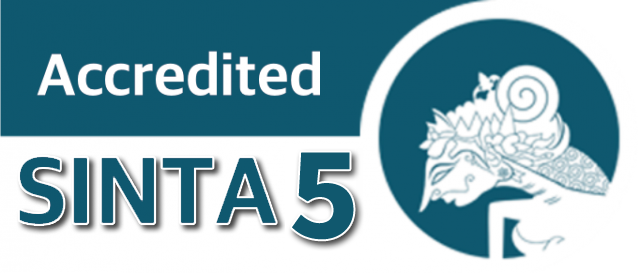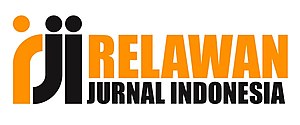Literasi Digital dan Pendidikan Pemilih Generasi Z dengan Media Permainan Kartu
DOI:
https://doi.org/10.35960/pimas.v3i4.1589Keywords:
digital literacy, voter education, generation z, alternative mediaAbstract
Social media is currently widely used to discuss politics and the resulting discourse often polarizes society. In addition to the issue of political polarization, an important issue that needs to be observed ahead of, during and after the election is the circulation of hoaxes, fake news, and hate speech between supporters of political candidates. According to the results of the Kompas R&D survey, the interest of Generation Z is large enough to use the right to vote in the 2024 election. However, their enthusiasm tends to be lower when compared to the generation above them. If in Generation Z the enthusiasm rate is at 67.8 percent, then the participants of the generation above have a percentage of 68.1-77.9 percent. For this reason, it is necessary to have alternative media that can be used as a vehicle for political education for generation Z so that their enthusiasm to participate in elections is increasing. This community service team has developed a card game as an alternative media for voter education among generation z. The result of the event using this game shows an increase of understanding of the participants from 43,33 point to 67,65 point in average out of 17 participants of the event.
References
Aisyah, S. & Yasmin, A. (2022) Hoax News and Future Treats : A Study of the Constitution , Pancasila , and the Law, Indonesian Journal of Pancasila and Global Constutionalism, 1(1), 171–238. https://doi.org/10.15294/ijpgc.v1i1.56881
Dhiman, B (2023) Key Issues and New Challenges in New Media Technology in 2023, Journal of Media and Management, 5(1), 1–4.
Hidayati, S. Hayat, N. & Hilmiyah, M. (2024) Deteksi Hoaks Dan Ujaran Kebencian Masyarakat Daerah Terpencil Desa Bakaru Kabupaten Pinrang, Jurnal Ilmiah Teknik Informatika dan Komunikasi, 4 (1). https://doi.org/10.55606/juitik.v4i1.722
Lim, M. (2017) Freedom to hate: social media, algorithmic enclaves, and the rise of tribal nationalism in Indonesia, Critical Asian Studies, 49 (3), 411–427, doi: 10.1080/14672715.2017.1341188.
Prasetyo, R.H., Asbari, M., & Putri, S.A., (2024) Mendidik generasi z: Tantangan dan strategi di era digital,” Journal Information System and Management., 3(1), 10–13. https://doi.org/10.4444/jisma.v3i1.743
Simamora, I.Y., Nasution, A.A.M., Novita, D.D., Syahira, Z., Nazwa, W.S., & Siregar, R.A., (2024) Peran Generasi Z dalam Pemilu 2024 di Indonesia, Jurnal Pendidikan Tambusai, 8(1), 5918–5922. https://doi.org/10.31004/jptam.v8i1.13306
Tapsell, R. (2020) Indonesia’s Policing of Hoax News Increasingly Politicised. ISEAS-Yusof Ishak Institute.
Zempi, C.N., Kuswanti, A. & Maryam, S. (2023) Analisis Peran Media Sosial Dalam Pembentukan Pengetahuan Politik Masyarakat, Ekspresi Dan Persepsi: Jurnal Ilmu Komunikasi, 6(1), 116–123. https://doi.org/10.33822/jep.v6i1.5286
Downloads
Published
How to Cite
Issue
Section
License
Copyright (c) 2024 Taufiqur Rahman, Zein Mufarrih Muktaf, Ade Putranto Prasetyo Wijiharto Tunggali, Elita Putri Pradipta

This work is licensed under a Creative Commons Attribution-ShareAlike 4.0 International License.



.png)










